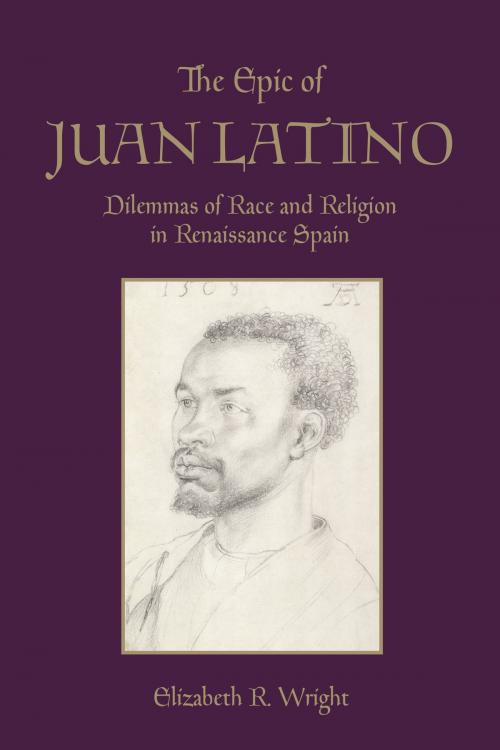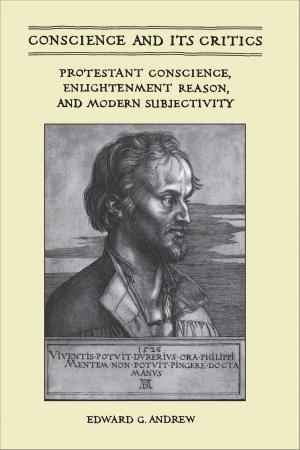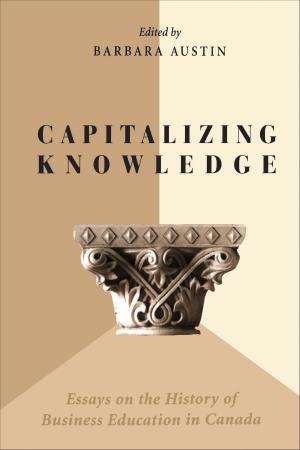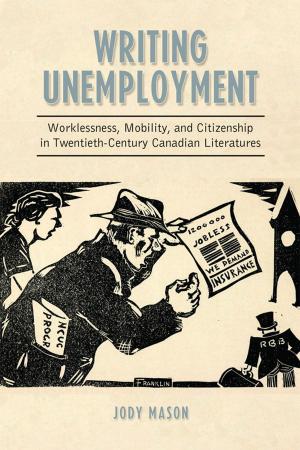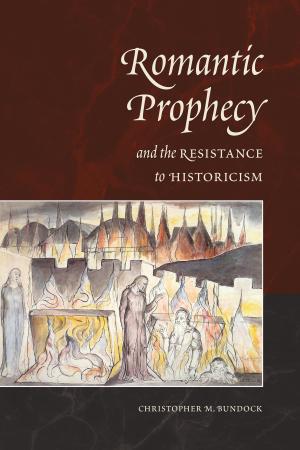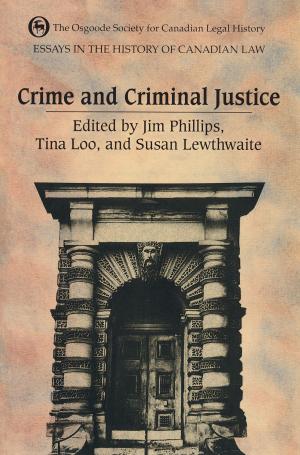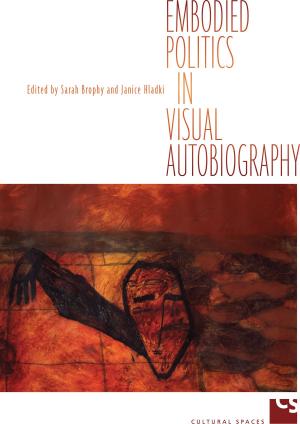The Epic of Juan Latino
Dilemmas of Race and Religion in Renaissance Spain
Fiction & Literature, Literary Theory & Criticism, European, Spanish & Portuguese, Nonfiction, Social & Cultural Studies, Social Science, Cultural Studies, Ethnic Studies| Author: | Elizabeth Wright | ISBN: | 9781442625556 |
| Publisher: | University of Toronto Press, Scholarly Publishing Division | Publication: | August 4, 2016 |
| Imprint: | Language: | English |
| Author: | Elizabeth Wright |
| ISBN: | 9781442625556 |
| Publisher: | University of Toronto Press, Scholarly Publishing Division |
| Publication: | August 4, 2016 |
| Imprint: | |
| Language: | English |
In The Epic of Juan Latino, Elizabeth R. Wright tells the story of Renaissance Europe’s first black poet and his epic poem on the naval battle of Lepanto, Austrias Carmen (The Song of John of Austria).
Piecing together the surviving evidence, Wright traces Latino’s life in Granada, Iberia’s last Muslim metropolis, from his early clandestine education as a slave in a noble household to his distinguished career as a schoolmaster at the University of Granada. When intensifying racial discrimination and the chaos of the Morisco Revolt threatened Latino’s hard-won status, he set out to secure his position by publishing an epic poem in Latin verse, the Austrias Carmen, that would demonstrate his mastery of Europe’s international literary language and celebrate his own African heritage.
Through Latino’s remarkable, hitherto untold story, Wright illuminates the racial and religious tensions of sixteenth-century Spain and the position of black Africans within Spain’s nascent empire and within the emerging African diaspora.
In The Epic of Juan Latino, Elizabeth R. Wright tells the story of Renaissance Europe’s first black poet and his epic poem on the naval battle of Lepanto, Austrias Carmen (The Song of John of Austria).
Piecing together the surviving evidence, Wright traces Latino’s life in Granada, Iberia’s last Muslim metropolis, from his early clandestine education as a slave in a noble household to his distinguished career as a schoolmaster at the University of Granada. When intensifying racial discrimination and the chaos of the Morisco Revolt threatened Latino’s hard-won status, he set out to secure his position by publishing an epic poem in Latin verse, the Austrias Carmen, that would demonstrate his mastery of Europe’s international literary language and celebrate his own African heritage.
Through Latino’s remarkable, hitherto untold story, Wright illuminates the racial and religious tensions of sixteenth-century Spain and the position of black Africans within Spain’s nascent empire and within the emerging African diaspora.
